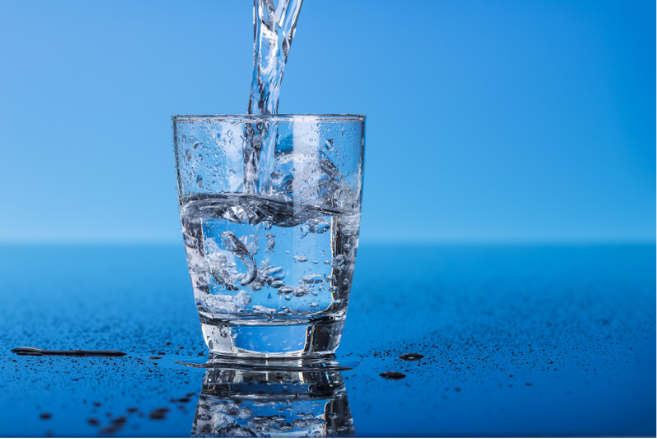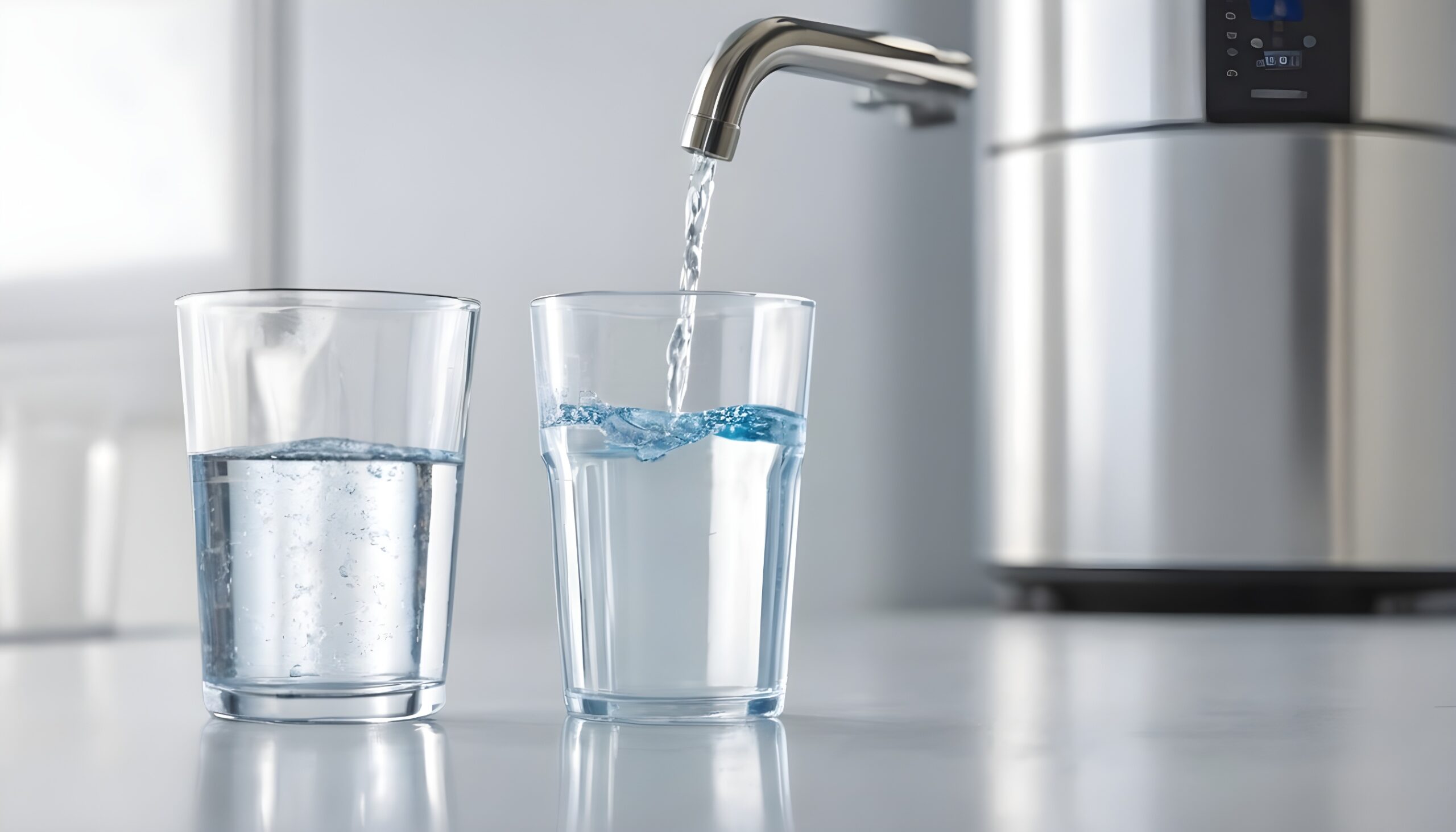Why a Water Filtration System Is Vital for Tidy, Safe Water
Accessibility to clean, risk-free water is an essential human right and a cornerstone of public wellness. A water purification system stands as an important solution to mitigate these threats, making sure that individuals and areas can access risk-free alcohol consumption water.
Relevance of Tidy Water
Access to tidy water is a fundamental need for human health and wellness and wellness. Infected water can lead to severe health and wellness issues, consisting of stomach illnesses, cholera, and dysentery, specifically in prone populaces such as children and the senior.
Additionally, clean water is vital for sanitation and health practices, which are crucial in stopping the spread of contagious conditions. Appropriate supply of water supports appropriate sanitation facilities, promoting a healthier setting. In addition, access to safe water influences socioeconomic factors, as it makes it possible for areas to take part in industrial and farming activities, ultimately adding to economic growth.
In several areas, the absence of tidy water aggravates destitution and inequality, more hindering progress towards lasting advancement objectives. Ensuring access to tidy water is not only a public health essential yet likewise a foundation for social equity and economic development. Initiatives to enhance water top quality and framework have far-reaching advantages, fostering much healthier communities and boosting lifestyle.

Common Contaminants in Water
Making sure the availability of tidy water is weakened by different impurities that can jeopardize its security and quality. The visibility of microorganisms, such as viruses, parasites, and germs, poses substantial health and wellness threats, particularly in locations lacking ample cleanliness. These microorganisms can lead to waterborne diseases, causing severe ailment and even fatality.
Chemical pollutants also provide a vital worry. Heavy steels, including mercury, lead, and arsenic, frequently enter water supplies with commercial discharges or corroded pipes. These materials can build up in the body with time, resulting in lasting wellness problems such as neurological damages and developing disorders.
In addition, agricultural overflow introduces chemicals and fertilizers right into water supply, which can interfere with communities and negatively effect human wellness. Nitrates, typically found in fertilizers, can trigger major problems like methemoglobinemia, specifically in babies.
Advantages of Water Filtration Systems
Identifying the crucial demand for secure alcohol consumption water, water purification systems offer a myriad of benefits that boost public health and wellness and ecological sustainability. Primarily, these systems effectively remove hazardous pollutants, consisting of germs, viruses, heavy metals, and chemicals, ensuring that the water eaten is devoid of pathogens and toxins. This reduction in impurities significantly decreases the risk of waterborne illness, promoting total area health and wellness.
Along with wellness advantages, water filtration systems contribute to ecological sustainability by reducing reliance on mineral water, which typically produces extreme plastic waste. By utilizing a filtration system, households can reduce their carbon impact and contribute to a more sustainable ecological community. These systems can boost the preference and odor of water, making it extra tasty for daily usage.

Various Kinds Of Filtration Techniques

One common approach is reverse osmosis, which utilizes a semi-permeable membrane to separate water from dissolved solids and contaminants. This process efficiently lowers impurities, including heavy steels and chemicals. One more widely utilized strategy is ultraviolet (UV) sanitation, which uses UV light to neutralize infections and germs, making them harmless without making use of chemicals.
Triggered carbon filtration is an additional prominent method, using carbon to adsorb organic compounds, chlorine, and unpleasant odors, improving taste and odor top quality. Distillation, a procedure that includes boiling water and condensing the heavy steam, effectively removes minerals and impurities but might call for even more power contrasted to other techniques.
Ion exchange is typically utilized to soften water by replacing calcium and magnesium ions with sodium or potassium ions. Each technique has its benefits and constraints, making it necessary to understand their capabilities and effectiveness in addressing specific water high quality concerns - Water Purification System. Eventually, choosing the appropriate purification approach is vital for guaranteeing safe and clean drinking water
Choosing the Right System
Picking an appropriate water purification system requires careful consideration of various factors, consisting of the specific contaminants present in the water supply, the quantity of water needed, and the wanted filtration technique. First, it is necessary to carry out a water quality examination to identify contaminants such as bacteria, hefty steels, or chemical contaminants. This information will lead you in picking a system that properly targets those particular impurities.
Next, assess your family's daily water usage to determine the system's capacity. Systems are readily available in different sizes, from point-of-use filters for about his drinking water to whole-house systems that purify all water entering your home.
Moreover, consider the filtration approach that best fits your needs. Reverse osmosis is very reliable for getting rid of a wide variety of impurities, while UV filtration is superb for removing bacteria.
Verdict
In final thought, the implementation of water filtration systems is vital for making sure access to tidy and risk-free water. By comprehending the importance of tidy water and the advantages of various filtration methods, areas can make educated decisions to guard their health and wellness and promote socioeconomic security.
Recognizing the critical demand for risk-free alcohol consumption water, water purification systems supply a myriad of advantages that improve public wellness and environmental sustainability.In enhancement to health advantages, water purification systems contribute to ecological sustainability by decreasing dependence on bottled water, which commonly produces too much plastic waste. Ultimately, the fostering of water filtration systems is a proactive action toward making certain tidy, secure water for future generations while guarding public health and the environment.
Choosing an ideal water purification system needs mindful consideration of different aspects, consisting of the certain contaminants present in the water supply, the volume of water required, and the wanted purification method.In verdict, the application of water purification systems is crucial for guaranteeing accessibility to clean and safe water.